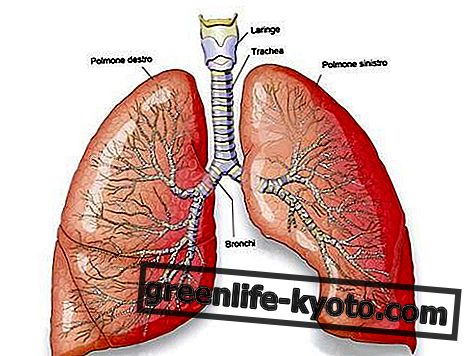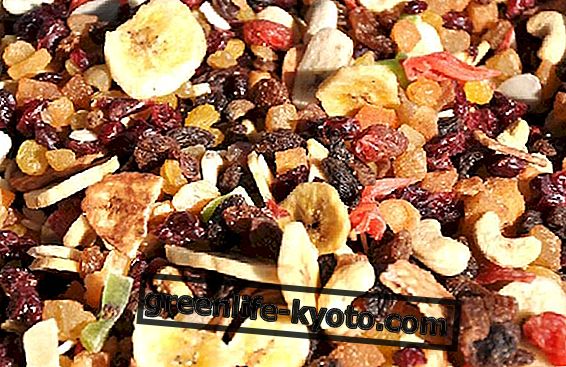
Anxiety about an exam or a job interview; the anxiety of waiting and the anxiety of being late; the anxiety of not making it, the anxiety of the pressures around us; the anxiety that the day is too short or not ending in time; the anxiety of the first few times and the anxiety of always having to prove something; the anxiety of not being good enough and the anxiety of even believing it only.
A few strokes of a very common feeling and which, unfortunately, characterizes modern life in an increasingly marked way. Deprived of those that only a few decades ago were unshakable certainties and with a dramatically uncertain future, we are all exposed to this unpleasant emotion .
There are many therapeutic proposals that can be entrusted, both in traditional medicine and in alternative medicine. Probably less well known is the Ayurveda approach: let's find out!
Understanding anxiety from an ayurvedic point of view
First of all, anxiety is not always pathological. On the contrary, it has the important function of helping us to deal with situations considered problematic and difficult in a more performing way. As long as it is rooted in the motivation that triggered it, experts say, it is a natural emotion that is part of human life.
The problem comes when this state of mind becomes persistent and without an apparent cause: in such cases it is advisable to contact your doctor.
For ayurveda, anxiety is a vata disorder: this energy represents movement, instability, continuous motion . Our lifestyle, always in a hurry, aimed at productivity, activity and stressful rhythms, greatly stimulates this dosha and therefore makes us more exposed to the imbalances related to it.
Do you know the ayurvedic test to find out which dosha you match?
Limit the vata imbalance: some useful advice
The starting point, therefore, is to implement behaviors that can balance vata and that are preparatory to a healthy lifestyle .
First of all, to improve the situation, you can try
- reorganize your daily routine by adopting positive habits with the aim of regularizing the day as much as possible;
- allow yourself a fair number of hours of sleep;
- do not overdo the work, carving out the moments of the day during which to relax;
- do not neglect physical exercise : you can go from yoga to various movement techniques (dance therapy, bioenergetics, etc.), but also swimming or a healthy walk (in summer). The important thing is to keep faith with the commitment made by making it enter into one's day without saturating it with commitments;
- allow yourself an ayurvedic massage: the Abyangam type is fine, especially if it is done with warm oils and slow and deep movements that will promote relaxation and stability. The shirodara is also extremely relaxing, that is a thread of oil that falls on the point between the eyebrows capable of discharging the nervous system and of relaxing instantly from tensions;
- if you have access to it, treat yourself to a sauna that is often present in the most common gyms and beauty centers.
Live the present
For the rebalancing of vata it is important to limit the "fluttering" of the mind : pay attention to what you do, learn to concentrate, be firm on the present without pindaric flights to an unknown future . The yogic "here and now" that is worth as much on the mat as in life.













